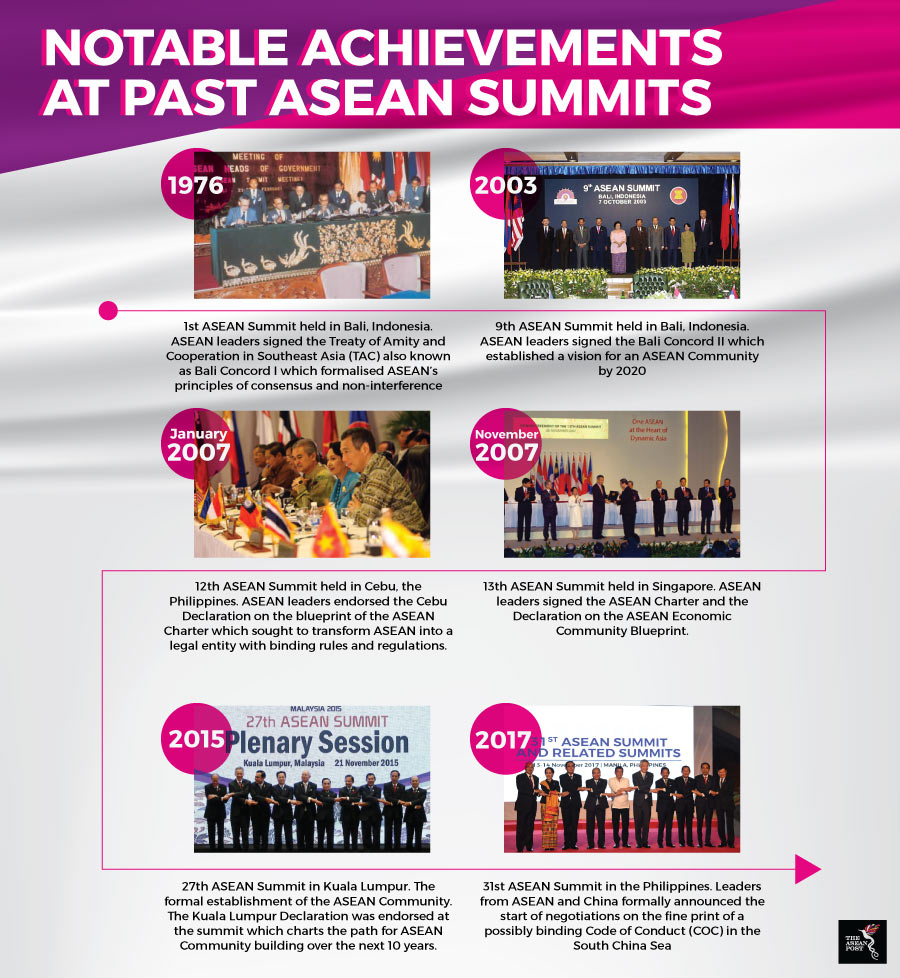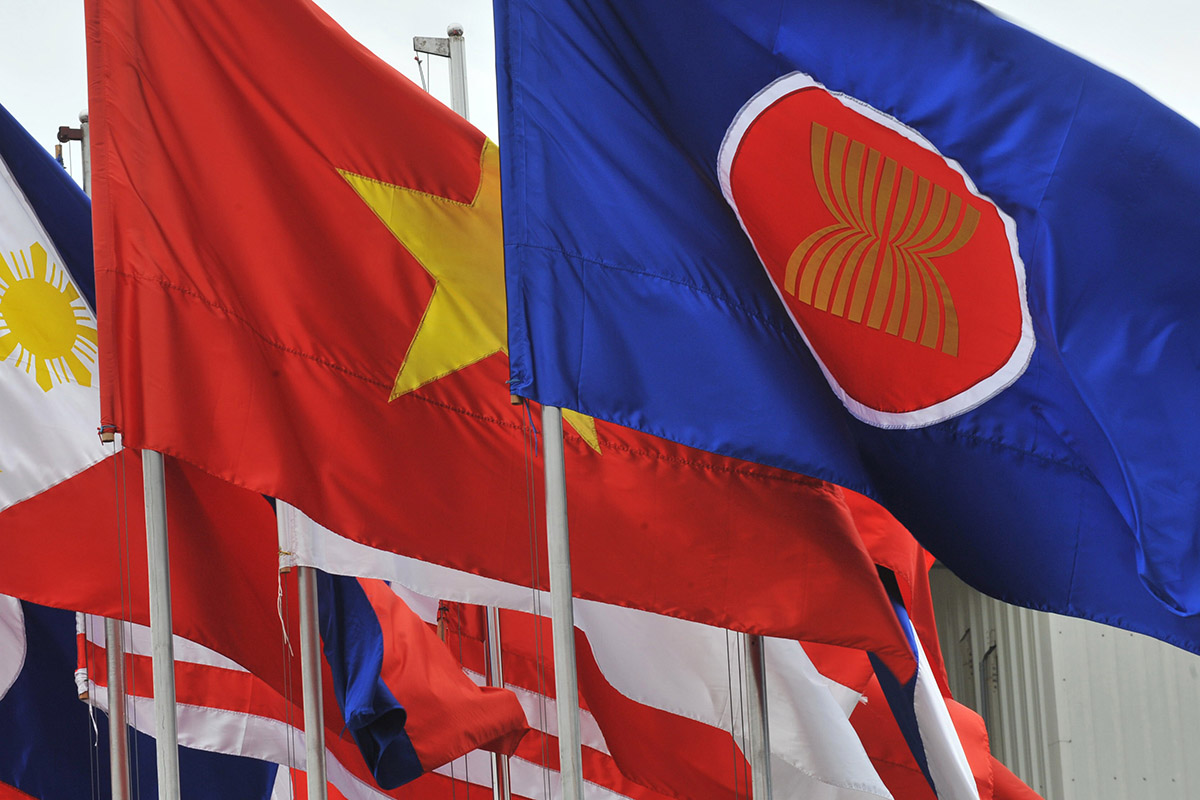The Association of Southeast Asian Nations (ASEAN) is widely regarded as an elitist organisation. While it’s intergovernmental nature may merit such an opinion, discussions at ASEAN Summits and related meetings does have palpable impact on the lives of ordinary ASEAN citizens.
A crucial point to understand is that unlike other regional organisations, ASEAN is an extremely diverse set of nations with varying economic strengths, cultural backgrounds and ideological underpinnings. Hence, achieving regional cooperation for the benefit of the citizens of each member state may seem a tall order but isn’t an impossible feat.
Notable moments from past ASEAN Summits
The summits are a pivotal event for the region. It is during this time that regional leaders formalise their ideas and agree upon regional-level blueprints, framework policies and targets to be implemented or achieved by member states.

How does an ASEAN Summit affect its citizens?
As the formalisation of regional goals take place at ASEAN Summits, it could very well affect the domestic policies of ASEAN member states. Because declarations, blueprints and regional policies are not binding, each ASEAN member may implement their policies differently from another state. Hence, the impact on ASEAN citizens may be far reaching but felt differently from one country to another.

Am I part of the ASEAN Community?
Formed in 2015, the ASEAN Community is structured under three community pillars: Political-Security Community, Economic Community, and Socio-Cultural Community. Over the next 10 years (2015-2025), ASEAN aims to achieve a “politically cohesive, economically integrated, and socially responsible” community. This effort is reflective of the determination of ASEAN member states in forging ahead to make ASEAN stronger and more consolidated than it previously was.

The 32nd ASEAN Summit will take place in Singapore from the 25th to the 28th of April 2018. Visit The ASEAN Post for the latest news, updates and developments at this year’s summit.
